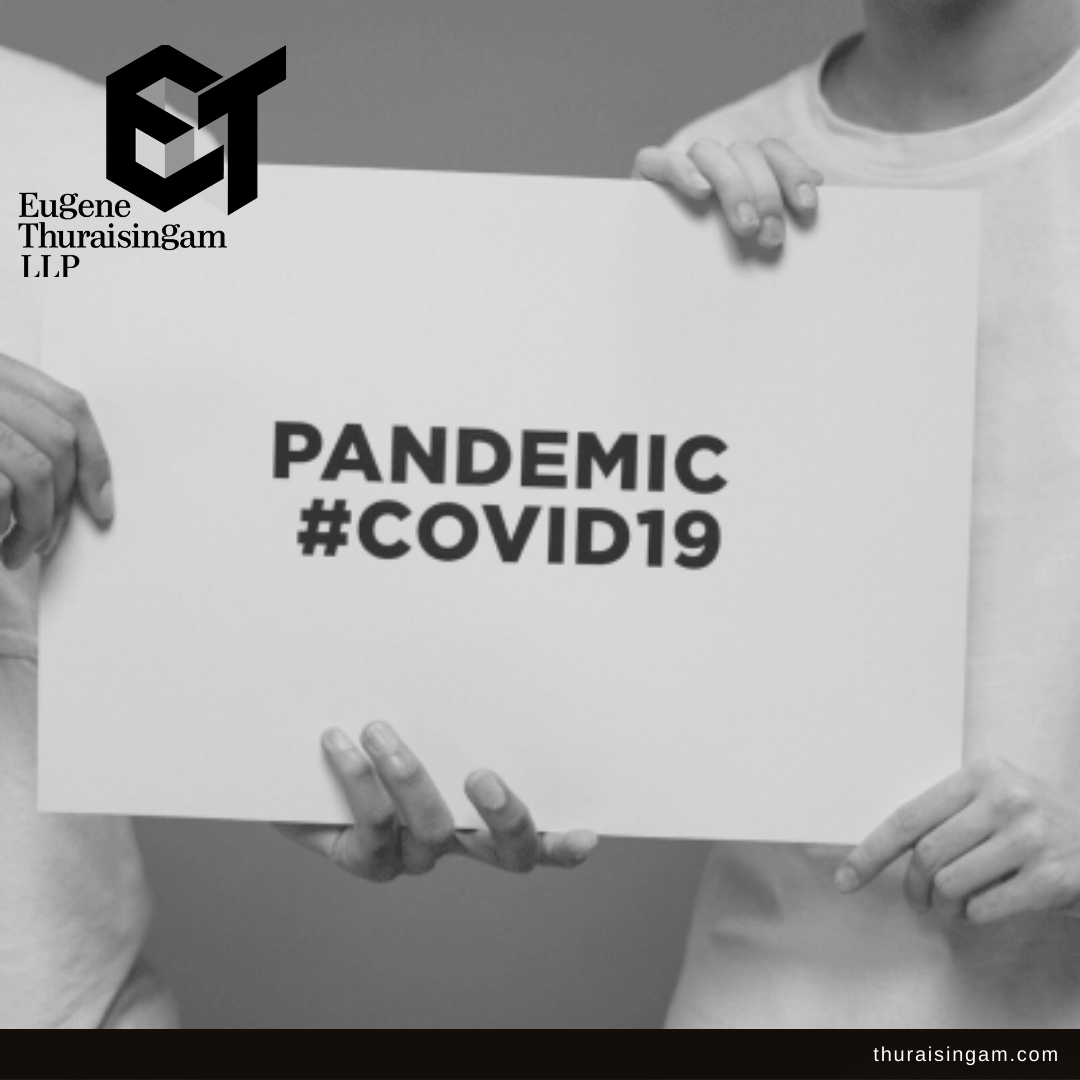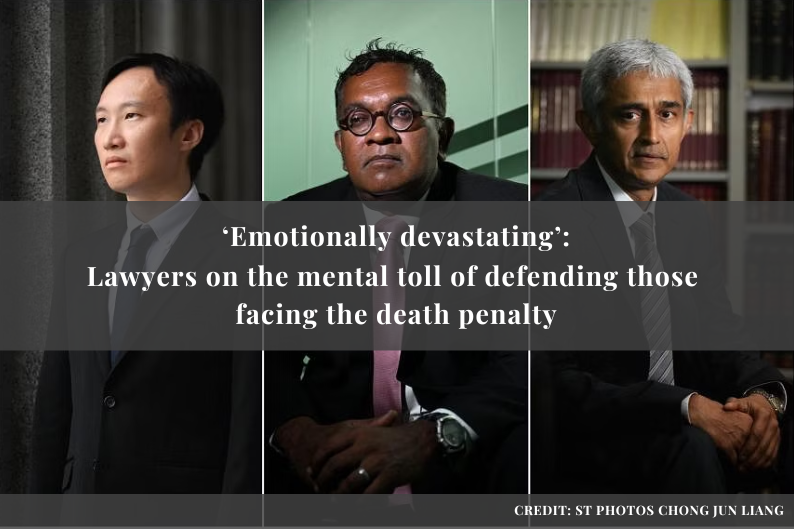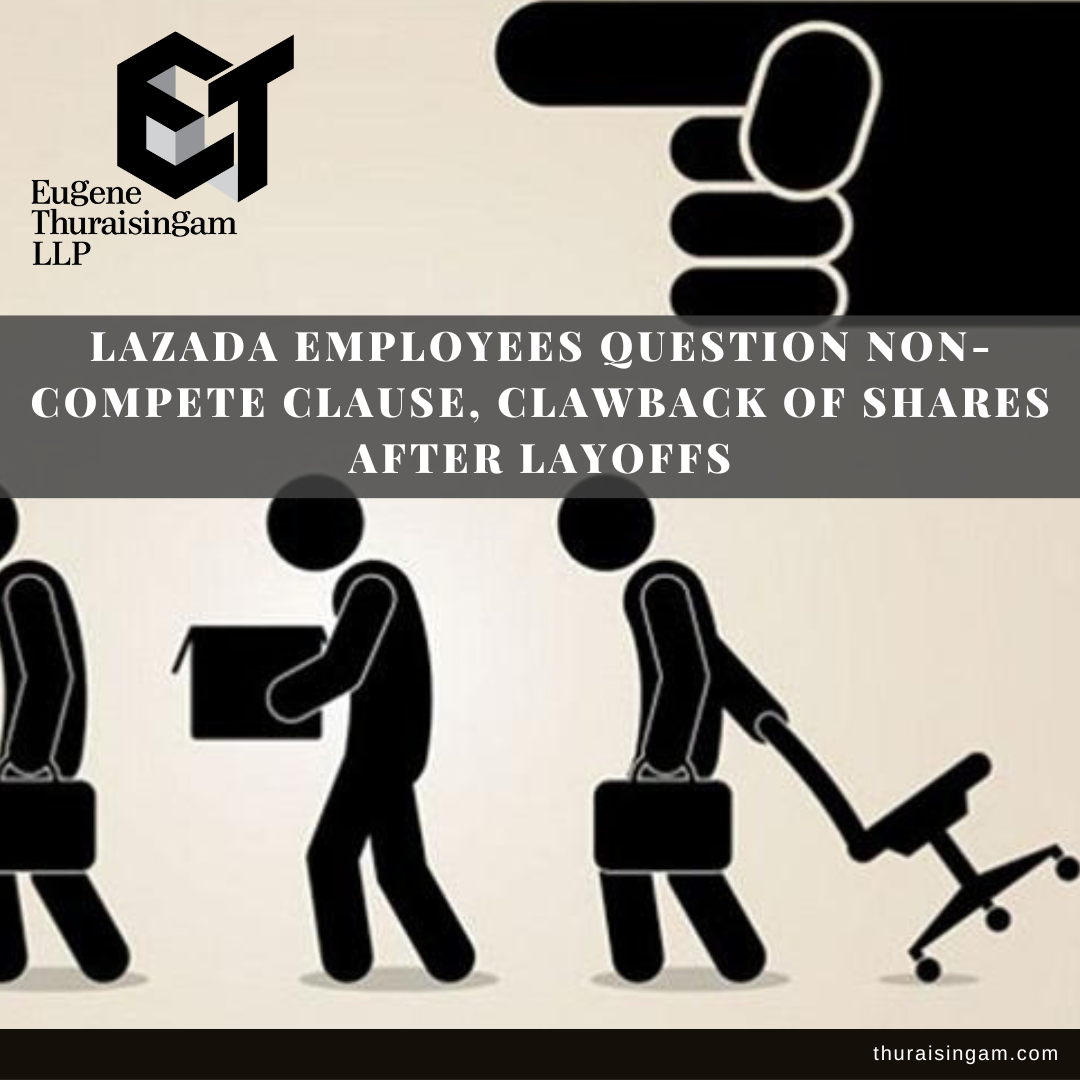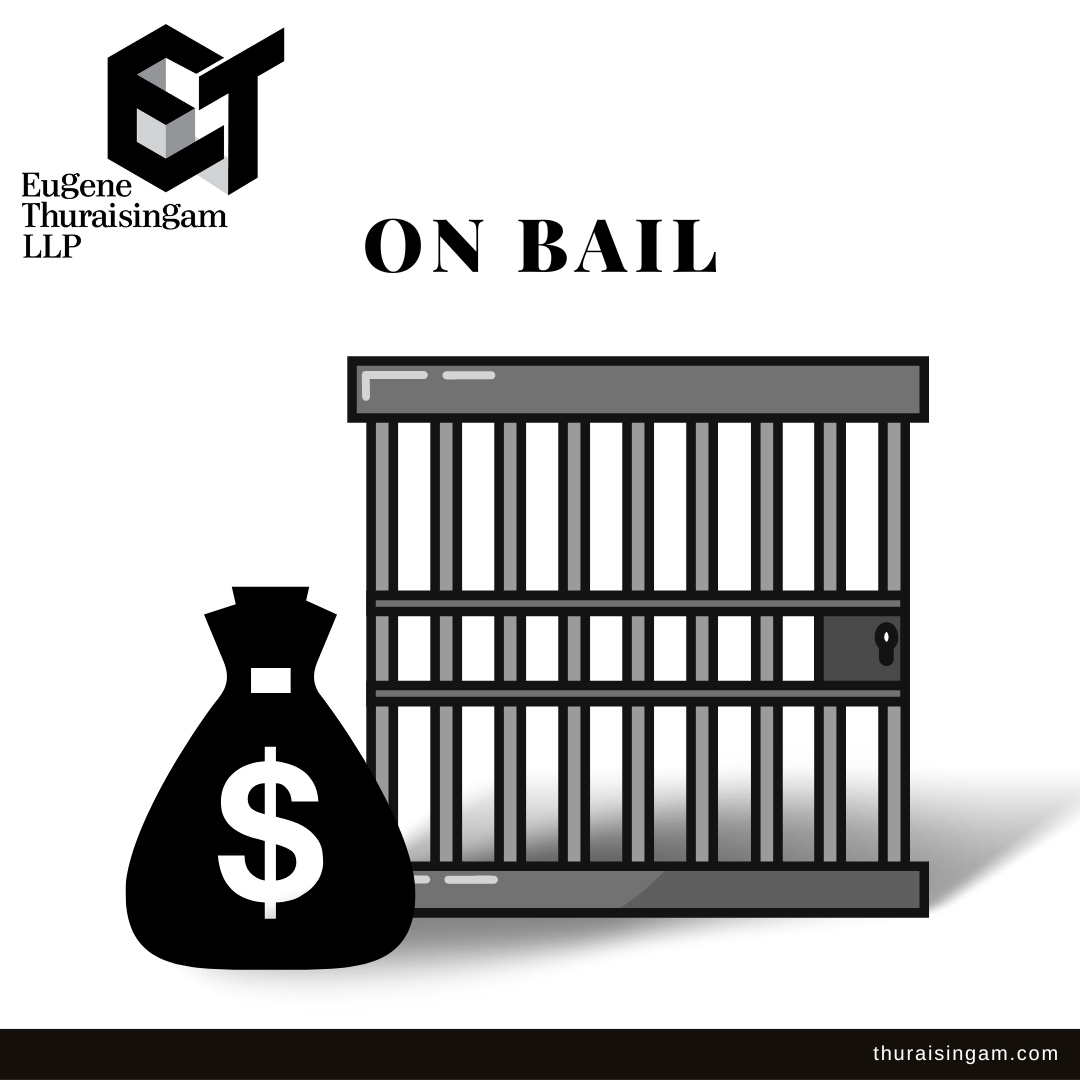COVID-19-related Laws and Regulations In Singapore
COVID-19 legal updates in Singapore
1. Set of laws and regulations introduced
Amidst the surge in the number COVID-19 cases in the past month, Singapore has introduced a set of laws and regulations to contain its outbreak.
2. COVID-19 (Temporary Measures) Act
In late March, Singapore Government’s Multi-Ministry Taskforce introduced safe distancing laws in its continuous effort to limit the spread of coronavirus.
Earlier this month, the Bill for the COVID-19 (Temporary Measures) Act 2020 was read and debated before being passed in parliament on 7 April 2020. This is a set of laws imposing restrictions on the movement of people and the conducting of business during the circuit breaker period between 7 April and 4 May 2020. The COVID (Temporary Measures) Act (“Act”) came into force on 8 April 2020. An offender under the Act shall be liable on conviction to a fine not exceeding S$10,000 or an imprisonment term of up to six months, or both.
3. Jing Yen comments in CNA
Our partner, Chooi Jing Yen was approached by CNA to comment on the speed and urgency of Coronavirus-related laws:-
Laws typically take at least a few months to come into force, and the speed at which these COVID-19-related regulations have been introduced is “fairly unprecedented”.
Prime Minister Lee Hsien Loong announced the introduction of circuit breaker measures on Apr 3, so it became necessary to introduce additional regulations to give these the force of law.
…the introduction and passing into law occurred “at breakneck speed in relative terms to the timeframe in which laws are usually passed.
Before a Bill is tabled in Parliament, there is usually a consultative process that can last several months, where relevant stakeholders are invited to give their input…this process can take years for complex legislation.
In contrast, the COVID-19 (Temporary Measures) Bill came into force almost immediately after being read in Parliament, without the usual gap between time of passing and time of commencement.
The difference in the coronavirus laws from the SARS ones “is stark”.
SARS did not prompt the government to enact laws specifically to deal with it … There was certainly no enactment of a targeted parent act such as the Covid-19 (Temporary Measures) Act 2020 which gives the health minister sweeping powers to enact subsidiary legislation to curb the movement of people.
…the key implication of the new laws being passed so quickly is “public confusion over what is permitted and prohibited”.
Nothing like this has been done in Singapore before, and there has been an urgent need to quickly educate the public. Otherwise, the authorities would be faced with the unenviable task of bringing large numbers of ignorant offenders to court, or of having to pick and choose its prosecutions – neither of which is a desirable outcome.
However, its parent, the COVID-19 (Temporary Measures) Act 2020, can be in force for a six-month period, and the law minister can extend or shorten this period as necessary.
How long these measures actually last, therefore, really depends in large part on whether or not we manage to contain the spread of COVID-19.

